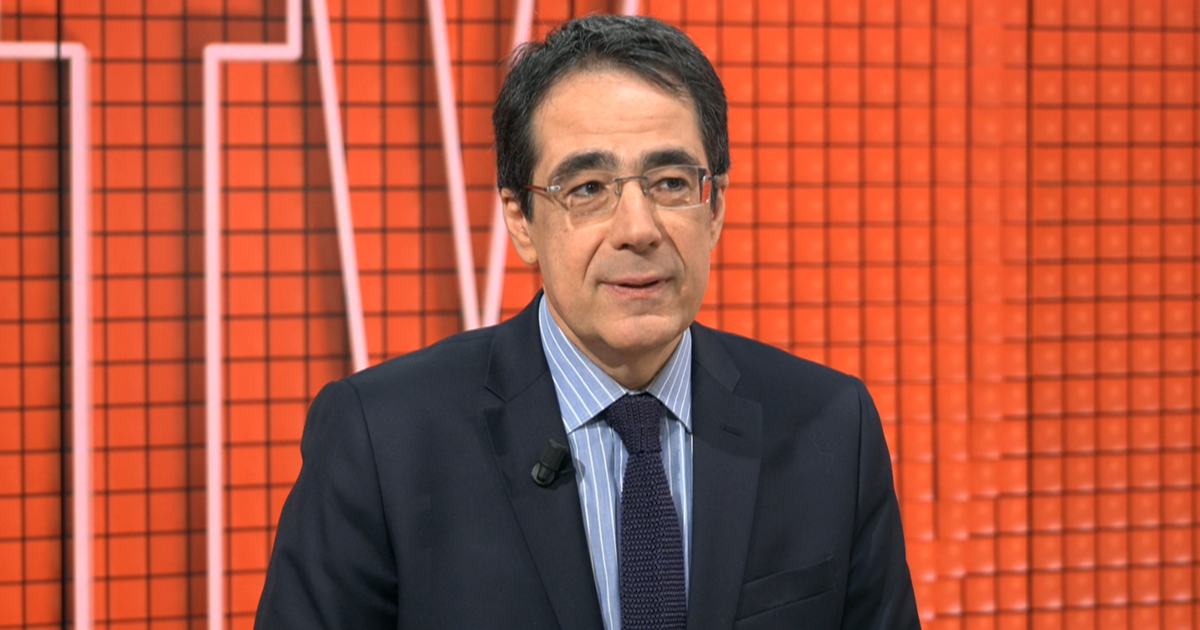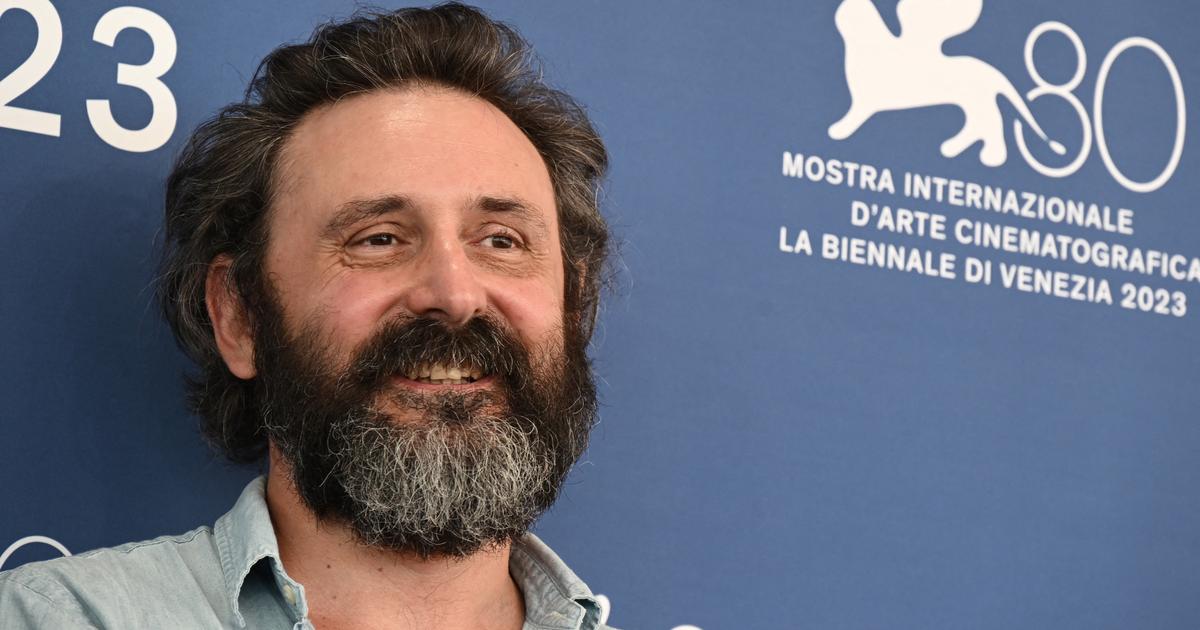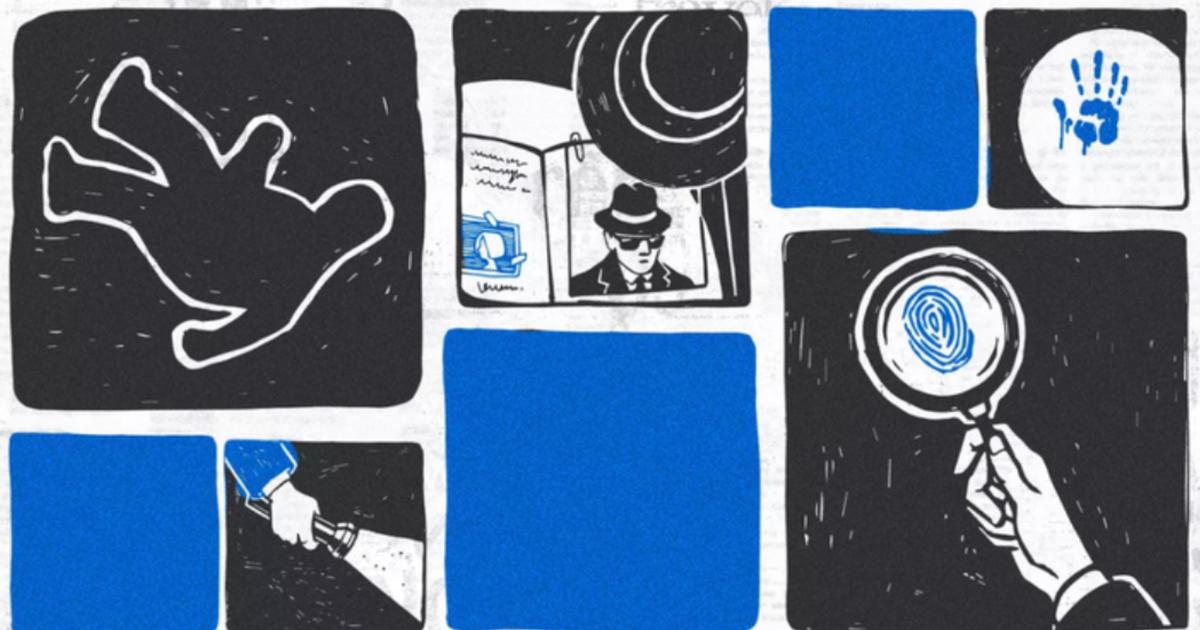Chapter 37
Last week was the week of the “secondary” defendants, who paradoxically, are at great risk.
Some are waiting for an acquittal, all are afraid of staying in jail or something worse: going back to the cell.
Suspense.
For their part, all the bigwigs in the docket, Ayari, Bakkali, Krayem, Abrini, Abdeslam, have much to fear and almost no hope.
They know they are going to receive a severe sentence, their lawyers know it, the allegations seem like the last cartridges.
The most admirable are not necessarily the most effective, but what chance do they have of being when the charges are so serious and are not addressed to a popular jury but to five professional magistrates who see you coming and know in advance everything you are going to tell them? ?
I liked what Stanislas Eskenazi, Abrini's Belgian lawyer, said:
“I beg you to remove your toga once the facts have been qualified.
Condemn as human beings, not as judges.
Otherwise, this will not be a criminal court.”
More information
All the chronicles of Emmanuel Carrère on the trial of Paris
1. The Knife Thrower
With penalty bets being so predictable, we were free to appreciate talent.
In the pauses of the trial we asked ourselves: “Did you like it?”.
Each one has had his favorite criminal players, I quote here two of mine.
The first is Isa Gultaslar, another Belgian lawyer, defender of Sofien Ayari.
He is a skinny, sharp-faced big man who has barely said a word during the entire trial.
When it is his turn, he surprises us by entering a field where no other has entered.
Not quite a Vergès-style break defense, but close.
He began by talking about the story of Hamza, a 13-year-old Syrian boy who in March 2011, at the beginning of the "Arab spring", wrote on a wall: "Your time will come, doctor".
The doctor was Bachar el Asad who, as we know, is an ophthalmologist.
Arrested by the police
Hamza was tortured to death and returned to his family with a bruised face, burned body, broken neck, severed sex.
It is the way in which Gultaslar reminds us that the origin of what is judged on Friday the 13th is the barbarism of the Syrian regime, and that what prompted so many young Muslims, like his client, to enlist in ISIS is not necessarily cruelty not fanaticism, but legitimate political indignation.
The cause of the attacks, he said, is not religion, but war.
France is involved in Syria and that is called being at war, and the crimes committed in Paris by the jihadists should not fall under national anti-terrorist law, but under the international law of armed conflicts.
Therefore, they would have to be reclassified as war crimes.
Is there the slightest chance that, eight days after the verdict,
review this eventual requalification?
Would it fix Sofien Ayari's situation, already on the wrong track?
I would be surprised, but we have witnessed an impressive lesson in law, geopolitics and oratorical juggling.
At the end of the hearing, rumors were circulating about this Gultaslar, whom very few knew before he spoke.
He would have been part of the Belgian support committee for Oussama Atar before he became the head of ISIS foreign operations: this is true and accentuates the Vergès facet of him.
Before becoming a lawyer, Gultaslar was a knife thrower who performed at fairs.
Georges Salines told me about it and I understood that he had taken me for a ride when I dared to ask the interested party himself.
With jocular cordiality he replied that he had not and that he had not exhibited bears at fairs in Bhutan either.
Even so,
Les Deux Palais
brasserie .
2. Camaraderie
Since I wasn't there that day, I don't know if they applauded Orly Rezlan at Les Deux Palais, but he deserved it.
She is one of Mohamed Bakkali's lawyers and I must confess that I didn't like her.
Unpleasant voice, sour tone: in her statement she has not tried to seduce us any more than in her other interventions throughout the hearing.
But as she talked about her, her austerity, the strength of her conviction, her monotonous, hurtful anger, have increased without raising her voice.
to a quality so truly hypnotic that Soren Seelow,
Le Monde 's terrorism specialist
, has ventured to use the adjective "crushing", and it was appropriate.
Orly Rezlan's argument was overwhelming.
And also impeccable, and just like Gultaslar's, it brought something new, something we hadn't heard and that was obviously not an excuse, but an explanatory element.
Gultaslar has insisted on political outrage, Rezlan on the bad conscience that accompanies any constant religious practice.
Are we good Muslims?
Have we sufficiently supported the brothers in suffering?
When others suffer and fight, isn't it shameful to be hidden?
These questions are not ignominious, but Rezlan has not stopped there.
Instead of quoting Camus, as he has been quoted ad nauseam, he has gone looking for an illuminating reference in
History of a German
, by Sebastian Haffner, one of the great books on the rise of Nazism.
Haffner was a young jurist, he looks where, he has told and tried to understand why so many young people his age, who were not psychopaths and not even extremists, allowed themselves to be dragged by the machinery of hatred.
He says that for many of them the spring was camaraderie.
You share an ideal, you commune with indignation, adhering to the values of the group is to show that you are a good person.
It is delicate to maintain that you can participate in attacks or genocide because you have a good heart, but it is sustainable that you do it because you are a good comrade.
3. The real life sentence
To finish, Martin Vettes and Olivia Ronen, the two young lawyers of Abdeslam, intervened.
Maximum influx.
Her exposition was good, very good, and Ronen's, in his last quarter of an hour, really inspired.
Her arguments have been long, brave, but the real fight between both, the one that has the possibility of prospering, is against the irreducible life sentence requested by the prosecution.
A legend affirms that Robert Badinter started the abolition of the death penalty in exchange for the establishment of this “authentic life sentence”: you enter and you never leave.
It is not true, Badinter always rejected the substitution of one ordeal for another.
And if this maximum sentence has been handed down four times since 1994, it was a sentence imposed on sadists or great perverts of extreme danger, such as Michel Fourniret.
Abdeslam deserves a severe sentence,
nobody says otherwise, but Abdeslam is not Fourniret.
Neither are Abdelhamid Abaaoud or Oussama Atar.
To sentence him to this life sentence, which is terrifying, would be in the name of exemplary mockery of the proportionality of the sentences, thanks to which Ronen has concluded: "If they abide by the prosecution, terrorism will have won."
4. Two objections
I didn't like this ending.
Opposing the prosecutors is the function of the defense.
Ronen takes it vehemently, very well.
But his otherwise splendid plea from beginning to end has been more insulting than scathing, and I thought it was a shame.
The requirement of the Hennetier-Braconnay-Le Bris trio can be considered excessively severe.
I also hope that it will not prosper when it comes to the "real" life sentence.
But it cannot be said that they have been mediocre, demagogues and even less the word that Ronen has pronounced: “Ignoble”.
No the truth.
On the contrary, the high level of the accusation has been one of the achievements of Friday the 13th. And, since I object, I will put another.
The president's last words have been to warn us that the verdict, scheduled for Wednesday, June 29, starting at 5:00 p.m.,
will no doubt be broadcast late in the evening.
“I know very well”, he added, “that this wait will be painful for the civil parties and that it will not make the task of the media any easier, but we have no choice”.
Very good, too.
What seems a pity to me is that I have forgotten that this wait will also be painful for the accused.
This chronicle, written for Le Nouvel Observateur, is published in La Repubblica, El País and Le Temps.
50% off
Exclusive content for subscribers
read without limits
subscribe
I'm already a subscriber









